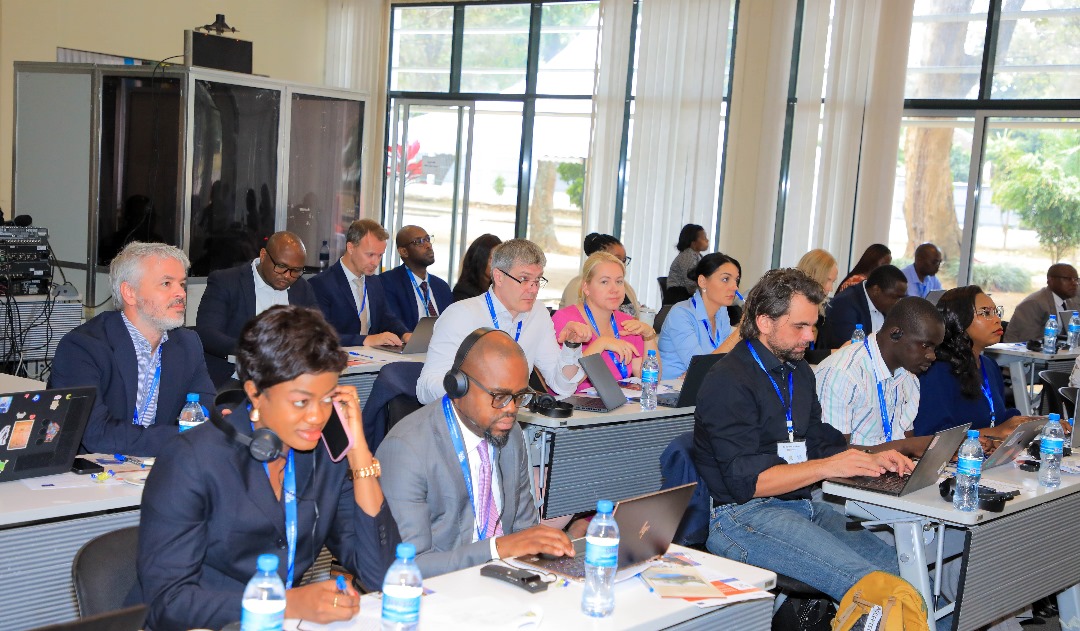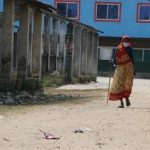The East African Community (EAC) and the European Union (EU) have officially launched the EU-EAC Regional Co-creation Workshop on Digital Transformation today in Arusha, Tanzania.
Both parties reaffirmed their commitment to advancing a human-centric approach to digital transformation in East Africa, leveraging technology and innovation to strengthen regional integration.
The two-day workshop, co-organized by the EAC Secretariat and the European Union and facilitated by the Digital for Development (D4D) Hub, marks a significant step towards shaping a digital economy package for East Africa.
It brings together stakeholders from the EAC region, including delegates from all EAC Partner States, representatives from the Ministries of ICT and Cybersecurity Agencies, Ministries of Trade, Central Banks, e-Government Agencies and the EAC Secretariat.
Additionally, the event includes participants from the European Union Delegation, as well as EU member states and their development agencies, such as GIZ, MFA/EstDev, and MFA/Expertise France.
As part of its digital transformation journey, the EAC initiated consultations with Partner States in 2022, further accelerating the momentum during the EAC Regional Digital Transformation Conference in October 2023.
Held in collaboration with the European Union under a Team Europe Initiative, the conference identified seven strategic areas for engagement, aligned with the 6th EAC Development Strategy’s goal of fast-tracking digital transformation in East Africa.
These priorities include; connectivity, data governance, e-governance/cybersecurity, e-commerce, ICT regulations, digital innovation, and digital skills.
Based on these areas of engagement, a joint digital transformation roadmap was developed to guide the cooperation between EAC and Team Europe.
Among the short-term actions proposed were initiatives to boost the data economy across borders as well as benchmarking and project development of green and secure data centres (data governance); establishing comprehensive electronic cross-border health services (e-governance/cybersecurity); development of systems to facilitate a cross-border e-payment system (e-commerce).
Building on these efforts, the EAC, with support from GIZ, developed the Digital Transformation Strategy, which has been agreed upon by Partner States and is expected to launch in November 2024.
This co-creation workshop aims to review progress on digital development collaboration, support the formulation of the Safe Digital Boost for Africa (SDBA) initiative, and launch the appraisal process for a digital economy package tailored to East Africa. The SDBA initiative is expected to support the EAC in implementing the Digital Transformation Strategy.
In her opening remarks, the EAC Deputy Secretary General in charge of Customs, Trade and Monetary Affairs, Annette Ssemuwemba reflected on the EAC digital transformation journey, and the commitments made including developing the EAC Digital Transformation Strategy which has since been validated, laying a strong foundation for the Safe Digital Boost Africa (SDBA) Project.
“This project is not just about technology; it is about the future success of our entire region. It represents a strategic move towards creating an interoperable regional digital market that will drive innovation, economic growth, and inclusive development. By fostering digital trade and integrating technology into key sectors such as e-commerce, data governance, and cybersecurity, we aim to transform lives across East Africa and create a competitive edge for our region in the global economy” she added.
Speaking during the event, Marc Stalmans, EU Head of Cooperation, highlighted the success of previous engagements and the EU’s ongoing commitment to supporting digital transformation in East Africa.
“Today’s event follows last year’s EU-EAC Regional Conference on Digital Transformation, which launched our joint efforts toward an inclusive, human-centric digital transformation. The discussions led to a Digital Roadmap with key milestones, shaping the Safe Digital Boost for Africa initiative, a program we are proud to finance that will support digital economy activities in areas such as e-commerce, e-payments, e-governance, and cybersecurity,” he said.
D4D Hub Deputy Coordinator for Africa, Hussein Jaffar, emphasized the role of the D4D Hub as a platform to identify synergies and support the co-creation of joint European initiatives based on extensive bilateral and multilateral cooperation experience between Africa, the EU and its Member States.
“Coordinated and simultaneous action in key areas of digital transformation is crucial in a dynamic region with a fast growth in digitalisation,” he said.
The conference hosted deep dive sessions on e-Commerce & Payment, e-Governance, cybersecurity and national-regional inter-linkages. The sessions facilitated a co-design approach and brought out key recommendations in the areas for collaboration.





